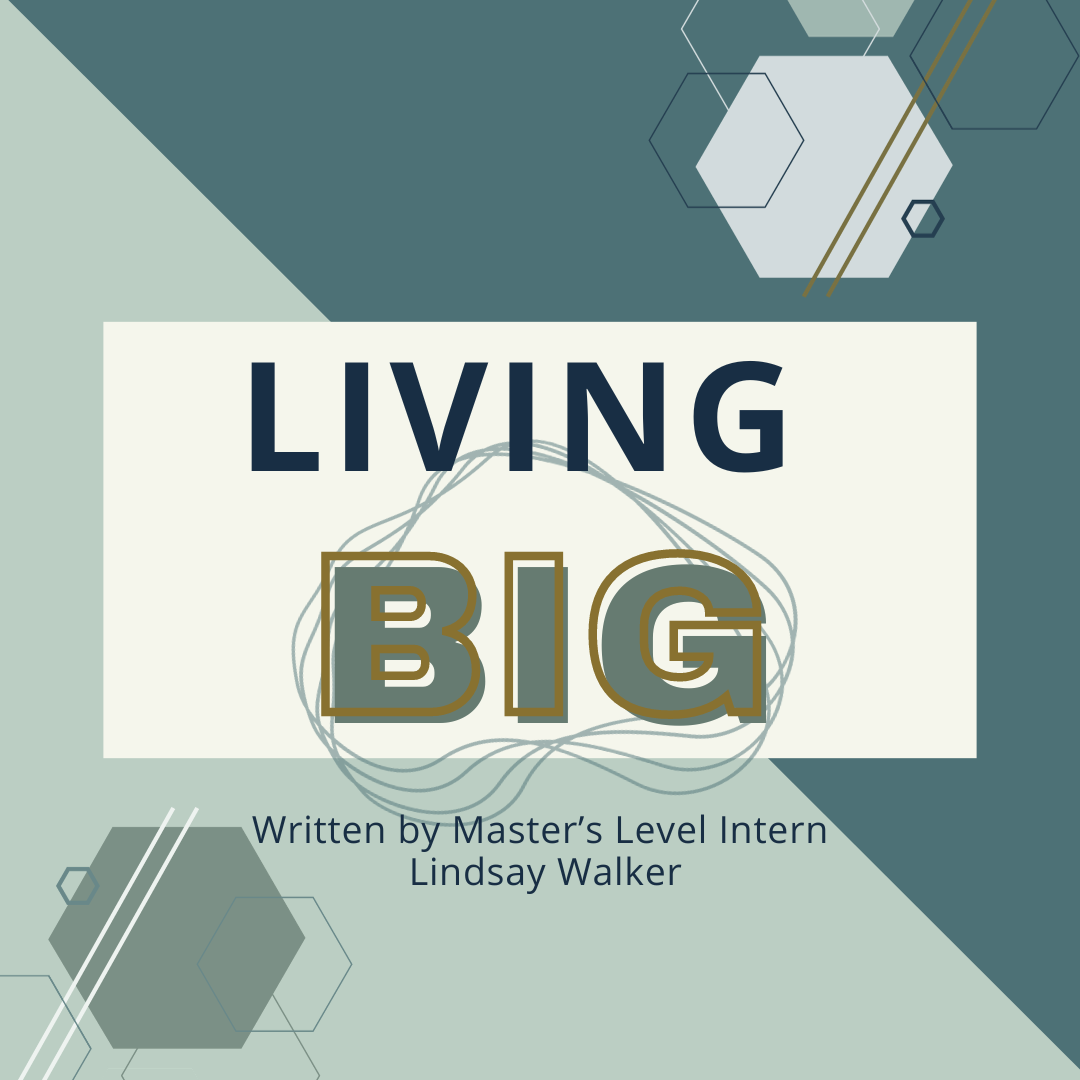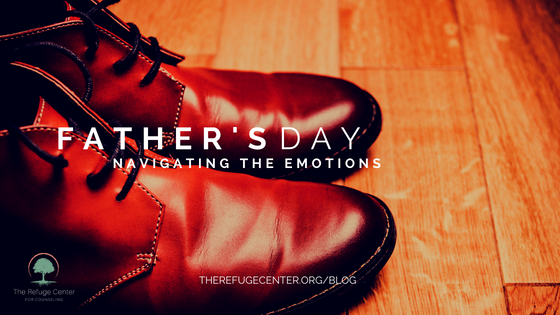“Do you think people are doing the best they can?”
This is a question Dr. Brene Brown approaches her husband with in her book Rising Strong, which turns into a research question she goes on to ask hundreds of other people.
If you were to answer this question truthfully what do you think your response would be? For the most compassionate people in the world, I would assume their answer would be a definite “yes.” People are always doing the best they can with the tools they have. However, for the “realists” of the world, it may be exceedingly difficult to come to the understanding that people are always doing the best they can.
For example, let’s say you are standing in line at the grocery store. The woman in front of you finishes her order and the cashier is ready to take the payment and announces the total. The woman becomes confused and frustrated, stating she does not see the discounts on some items she was expecting there to be. The cashier apologies, but says there is nothing he can do. The woman in front of you becomes more angry, demands to see a manager and says she will wait all day if she has to in order to get the discount. And there you are, in a rush to get home, waiting in the only open cashier line on a woman who wants a discount.
If you were the one patiently, or not so patiently waiting in line, you might become frustrated. Thoughts of, “Why can’t she just move on?” or “Seriously? You’re making a big deal out of nothing,” may come to mind. After all, you’re in a rush and she is holding up the line, causing a scene and inhibiting you from getting home. You might view her as selfish and entitled. After all, you wouldn’t make such a big deal about a discount, so why should she?
Now, try imagining that this woman is doing the best she can. Let’s say her husband just got laid off from his job. Maybe she has had a family crisis and is now fully responsible for the livelihood of her grandchildren. She may be a single mom struggling to put her children through college. In any of these instances, every single penny saved matters and makes a difference. When the cashier tells her the total of her order, in which she already cut down to make sure she could afford, it is so understandable why she might have such an emotional reaction. She is trying her best to provide for her family with the tools she has. The fear of being unable to pay for groceries sets in, she becomes scared and reacts negatively.
After going through similar experiences of being frustrated by those around her and taking a long time to reflect, Dr. Brene Brown writes, “I really do believe that most of us are doing the very best we can with the tools we have. I believe we can grow and get better, but I also believe that most of us are really doing our best.”
Dr. Brene Brown writes in her book that one of the reasons why it is difficult to believe others are doing the best they can is due to the fact she has a hard time believing that for herself. Many people who identify as people pleasers and perfectionists find it difficult to believe they are always living up to their fullest potential. When we don’t believe we are doing the best we can ourselves, we can lead ourselves towards self-judgment, self-criticism, and striving toward an impossible standard of perfection. Many times we can tend to be harder on ourselves than we are on others. Therefore, the only way we can begin learning how to be more compassionate toward others is by first being compassionate toward ourselves. In Rising Strong, Dr. Brown writes, “Sometimes when we are beating ourselves up, we need to stop and say to that harassing voice inside, ‘Man, I’m doing the very best I can right now.’”
While it may seem counterintuitive, Dr. Brene Brown has found that the most compassionate people are also the most boundaried. One cannot assume others are doing their best and give compassion toward others if they are not taking care of themselves by setting their own boundaries. Without boundaries in relationships, you can easily become resentful of others for not showing you the same grace you may have shown them. In order to obtain healthy boundaries alongside compassion, Dr. Brown encourages readers toward a lifestyle of “Living BIG.” BIG stands for boundaries, integrity and generosity.
Living out boundaries in Living BIG requires us to become clear on what behaviors are acceptable and which are not. You know when your boundaries have been crossed by others when you start feeling resentful or angry. Boundaries are to be put in place so you are able to protect your own well being.
Integrity requires a sort of self respect to hold yourself accountable to the boundaries you set in place. Living in integrity means being honest with yourself and others about what boundaries are important to you.
Finally, we exemplify generosity when we are generous about our assumptions of others. It requires us to believe that others truly are doing the best they can with the tools they have. Looking back at the woman in the grocery store, we can assume she was having a bad day or difficulty providing for her family, rather than viewing her as selfish and entitled. This helps us stay living in compassion toward others. Dr. Brene Brown puts it perfectly in regard to explaining the concept of generosity in Living BIG: “I am going to be generous in my assumptions and intentions while standing in my integrity and being very clear about what is acceptable and what is not acceptable.”
If you are struggling with showing others and yourself compassion, or recognize that you may need more boundaries in your relationships, please reach out to The Refuge Center. We would love nothing more than to support you in your journey to self compassion through living BIG.
Written by Master’s Level Intern Lindsay Walker
Reference
Brown, B. (2017). Rising strong: How the ability to reset transforms the way we live, love, parent, and lead. Random House Publishing Group.




